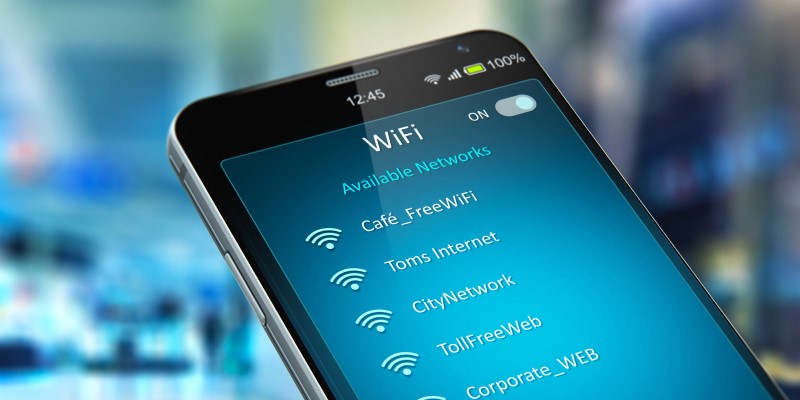Mobile VPN: How to Protect Remote Workers

Whether working remotely at home or on the road, virtual private networks (VPNs) are vital for protecting sensitive data. A VPN provides added online security, secure access to company information and databases and ensures any data going to and from your device is protected against prying eyes.
Considering how much we use mobile devices for work nowadays — from answering emails to reading documents to attending company meetings — a mobile VPN is an important tool to ensure that data is as secure as it is in the office.
What is a Mobile VPN?
Today’s mobile devices present the same threats and weaknesses that laptop and desktop computers do, but with the added risk of unsafe apps that access your device’s information. These factors can create increased vulnerability for employees and company security.
Mobile VPNs encrypt any data your device sends and receives, making it unreadable to anyone potentially trying to gain access. It then links to a remote server that acts as the destination for your encrypted data. Yet mobile VPNs are not simply VPNs linked to a mobile device — they are capable of remaining intact even across different levels of connectivity, networks and IP addresses. In short, a mobile VPN keeps you constantly connected, even if you switch from one network to another within the same session.
Once installed on your device, a mobile VPN provides heightened security protections. Advanced encryption helps protect your financial data while using online banking or making purchases via shopping apps. It allows for more secure connections to public Wi-Fi networks and scrambles data that is linked to video chat and audio calls.
For remote workers, utilizing a mobile VPN can help enhance cybersecurity for the organization and yourself.
When Should You Use a Mobile VPN?
One study found that 52% of people within the IT industry say the use of mobile devices for work is causing significant challenges for cybersecurity measures. While there are benefits to using mobile devices, they are only attainable if you can use them securely in different work situations:
- Remote work – One study found that 55% of remote workers check their work email via personal devices.
- Traveling for work – To protect data against unsecured public Wi-Fi networks, a mobile VPN ensures a secure network at any time.
- General usage improvement — VPNs can improve connectivity and help maintain connections with fewer interruptions.
Do I Need a Mobile VPN at Home?
The reality is our home networks can be hacked, and home computing environments are likely not as secure as office networks. One way that hackers can get access to your home network is to guess the password. Routers often come with a default password that the manufacturer uses for all devices — and many users never bother to change that password. By looking up the default password for a particular type of router, a cybercriminal can gain access to all devices on the network.
In addition, attackers can also exploit security flaws in the router’s firmware — the permanent, onboard software that enables the device to run. Firmware is updated infrequently, giving cybercriminals time to find and exploit security flaws.
While updating the password to your router and adopting cybersecurity best practices at home can help reduce these risks, using a mobile VPN at home makes any intercepted data useless to criminals.